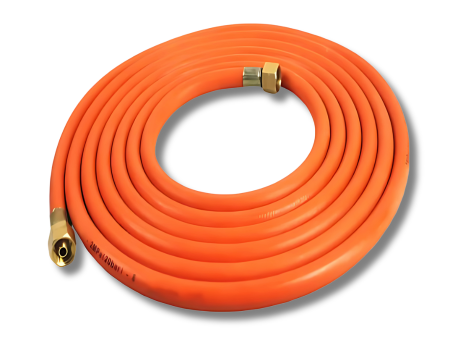A BIS certification license for rubber hoses used in Liquefied Petroleum Gas (LPG) applications is required in India to assure safety and quality. The certification procedure includes determining the appropriate Indian standard, such as IS 9573 (Part 2): 2017, assuring product conformity, and establishing an in-house testing laboratory. Manufacturers must file an application with BIS, present quality control documentation, and undertake factory inspection and product testing at BIS-approved labs. If compliant, the BIS issues the ISI mark, which allows for lawful sales in India. Regular audits assure continuous compliance.
The certification procedure takes about 30 days for Indian firms and 180 days for overseas producers. Adherence to BIS standards helps to avoid legal complications and improves product credibility. For further information, manufacturers can consult certification authorities or visit the BIS website.

Rubber Hose for Liquefied Petroleum Gas (LPG)- Specification Part 1 Industrial Application
9573(Part 1):2017Rubber Hose for Liquefied Petroleum Gas (LPG)- Specification Part 2- Domestic and Commercial Application
9573(Part 2):2017The ISO standard for LPG hoses is ISO 3821, which specifies requirements for rubber hoses used in gas welding, cutting, and related processes, including LPG applications.
The Harmonized System (HS) code for liquefied petroleum gas (LPG) is 2711.12, classified under petroleum gases and gaseous hydrocarbons.
The UN Product Identification Number (PIN) for liquefied petroleum gases (LPG) is UN 1075, used for transportation and safety regulations.
The product code for LPG varies by country and industry but is commonly classified under 2711.12 in the HS Code system for international trade.
LPG hoses are typically reinforced rubber or thermoplastic hoses, compliant with standards like ISO 3821 or IS 9573, designed to withstand LPG pressure and chemical exposure.